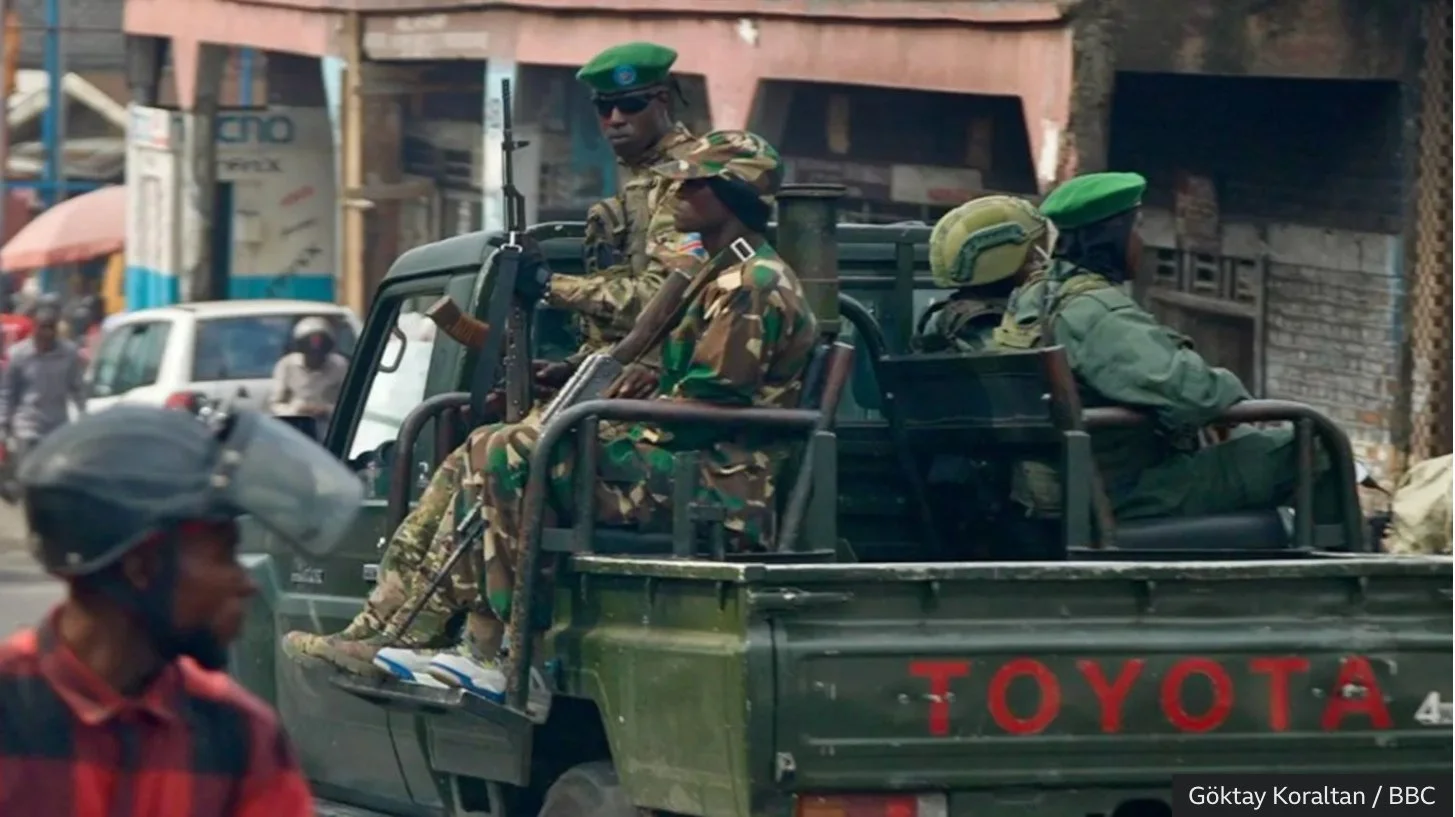(U) South Sudan: Lessened Oil Exports Spell Fear of Economic Collapse
Analysis by Miles Wilemon
Published March 22nd, 2024
(U) We assess that an economic collapse of South Sudan is likely if oil productions in the region continue to be obstructed by the Sudanese civil war. Concerns of economic collapse and instability within South Sudan are rising due to damage of the Petrodar pipeline that extends from the northern region of South Sudan all the way to Port Sudan. Historically, South Sudan last halted oil production in 2012 due to pipeline fees, and the civil war has not impacted production of oil and the pipeline until now.
• On March 16, 2024, a major rupture occurred on the Petrodar pipeline due to a gelling effect caused by “military operations” in the region not allowing diesel to flow freely to pipeline stations loaded territory controlled by the rapid support forces (RSF).(1)
• South Sudan’s GDP and overall revenue is heavily dependent on the production of oil, and according to the World Bank, 90% of exports and revenue in South Sudan comes from oil. (2)
• With no end in sight for violence in the region, the combination of political instability, violence stemming from the Sudanese civil war, and few peacekeeping operations in the region, concerns are heightened about the economic stability of South Sudan, and what its implications spell on a global scale.
(U) Recent fighting near Khartoum has affected South Sudan’s “Petrodar oil pipeline.” Due to fighting in the region near South Sudan’s Capital, Khartoum, South Sudan has struggled to meet obligations set by Chinese and Malaysian production partners. On March 16, 2024, RSF forces in the region conducted military operations in the area, ultimately limiting access to diesel fuel, which in turn led to a rupture in the Petrodar pipeline.
• Engineers employed by the South Sudan Ministry of Petroleum (MOP) have been unable to fix the pipeline since the rupture due to security concerns in the area, raising distress about the economic outlook for South Sudan. (3)
• Not only did the incident take place in RSF controlled territory, however RSF officials denied that the force was responsible for the rupture and subsequently claimed that they “respected the oil agreements set between South Sudan and Sudan.” (4)
• In response to the rupture of the pipeline and the fighting in the region, Sudan’s Ministry of Energy and Petroleum announced a force majeure on South Sudan’s crude oil exports, which explains that Sudan was unable to fulfill obligations held to provide South Sudan oil refineries with the crude oil needed to ultimately export oil.
(U) Due to lessened oil exports and the monopoly that oil exportation has on the economy of South Sudan, fears of economic instability have recently surfaced . Since 2012, oil production in South Sudan has only been halted one time, and was resolved through a bail out. While oil production has not been completely halted, the amount of barrels per day has significantly reduced, and raises concerns about the future of South Sudan in the scope of economics, and peacekeeping operations in the region.
• Per a report provided by Argus, at the time of March 27, 2024 South Sudanese production of oil barrels per day was estimated to be at approximately 80,000 b/d, however stood at approximately 150,000 b/d. As stated above, oil production has not halted; however, it aims to concern officials about the implications of this reduction on South Sudan’s economy. (5)
• Without a stable way to raise and maintain funds for the government outside of its export of oil, the South Sudanese government will continue to be vulnerable to events, internal and external, that threaten the flow of this crude oil.
Sources:






